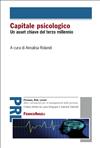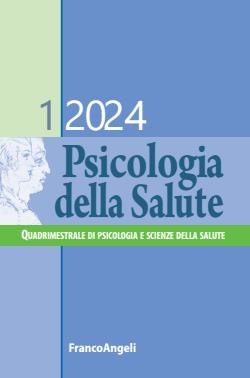This study examines the theoretical model proposed by Caprara (2002), that attests to the role of emotional and interpersonal self-efficacy beliefs in the promotion of individual psychosocial functioning. In particular, we investigated the relations between a typical index of maladjustment, depression, a new indicator of well-being, positive thinking, and emotional and interpersonal self-efficacy beliefs. We tested the model longitudinally on a sample of 537 young adults (232 males and 305 females), with a mean age of 19,65 years (DS = 1,5) at Time 1 and 21,67 years (DS = 1,6) at Time 2. Results confirmed the role of emotional self-efficacy beliefs as determinants of positive thinking and as protective factor from depression, both directly and indirectly, through the contribution of interpersonal selfefficacy beliefs; some relevant gender differences were also found. The longitudinal relations between depression and positive thinking were different for males and females: for females, positive thinking tends to reduce the incidence of later depression, while for males depression enhances the risk to compromise positive thinking.





